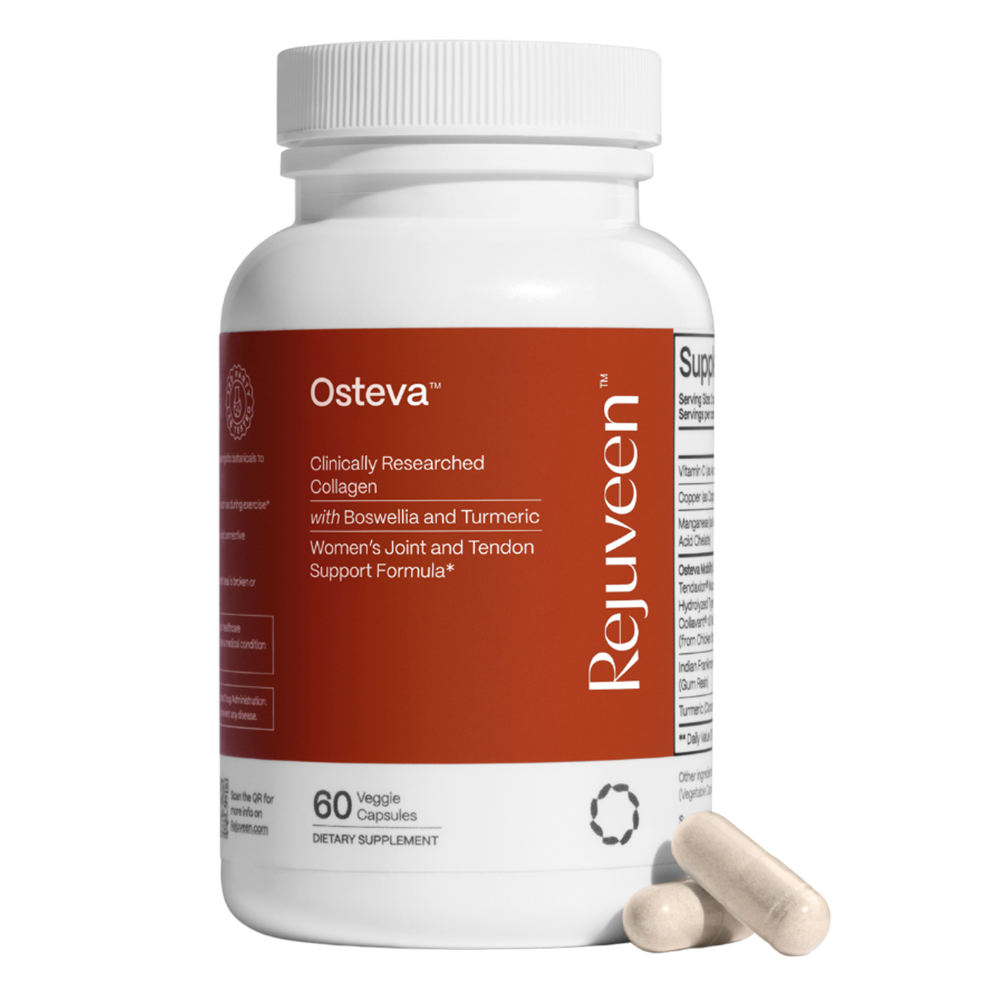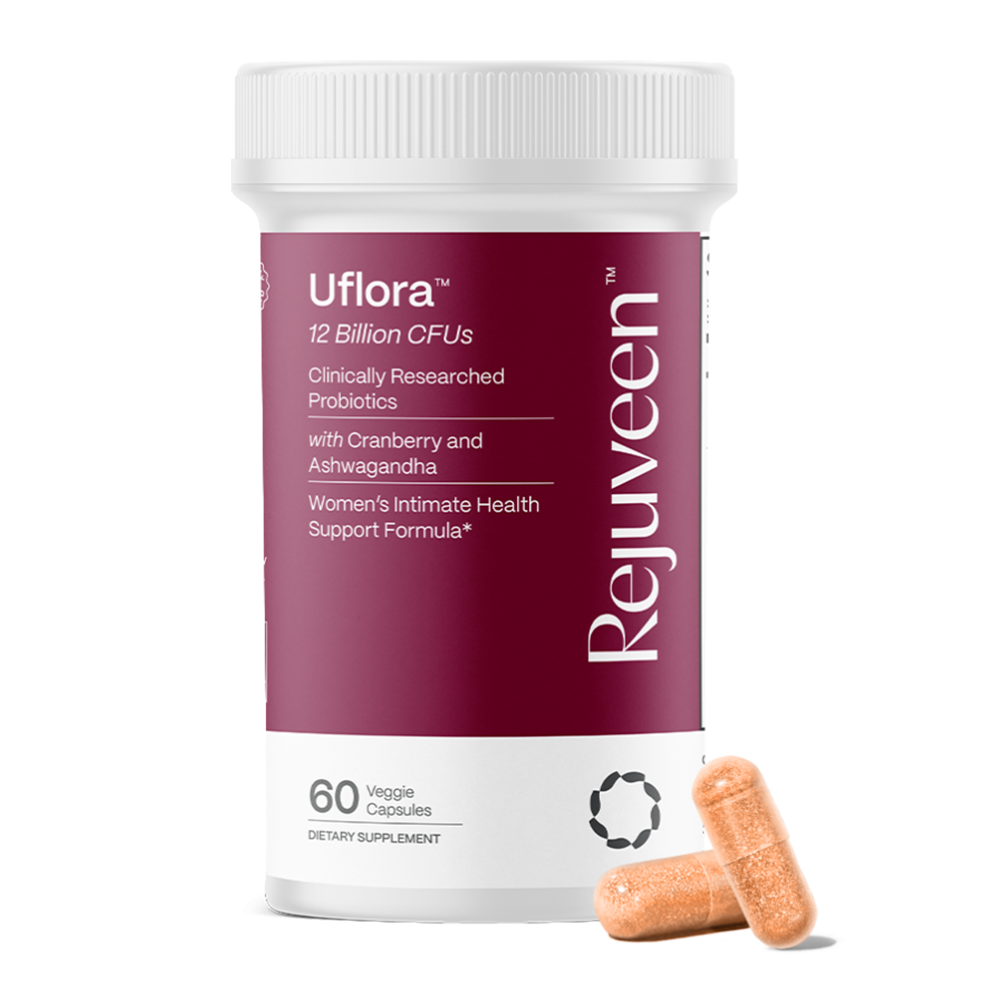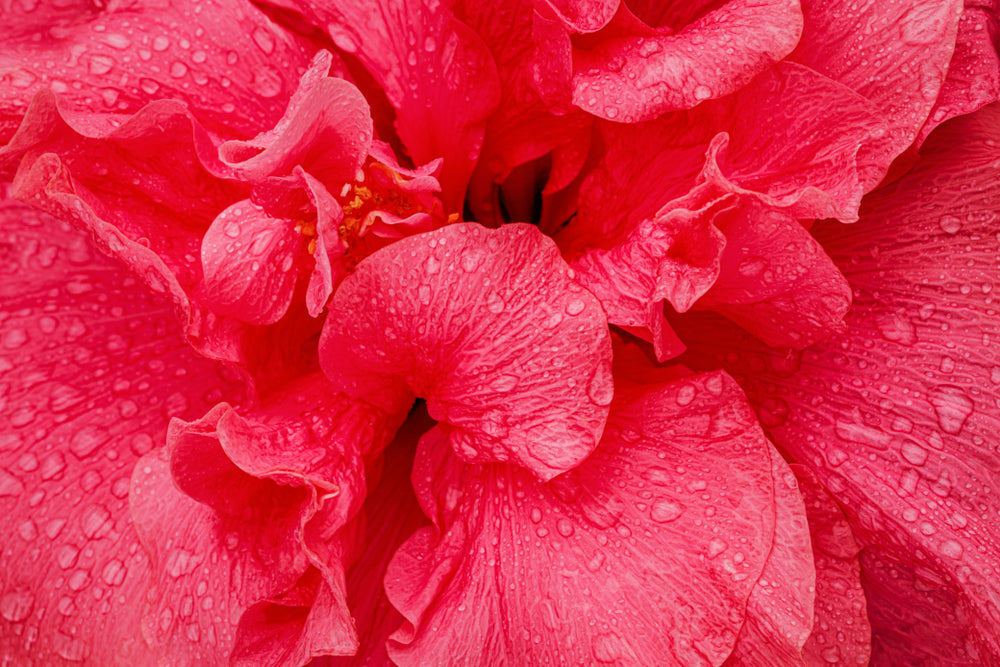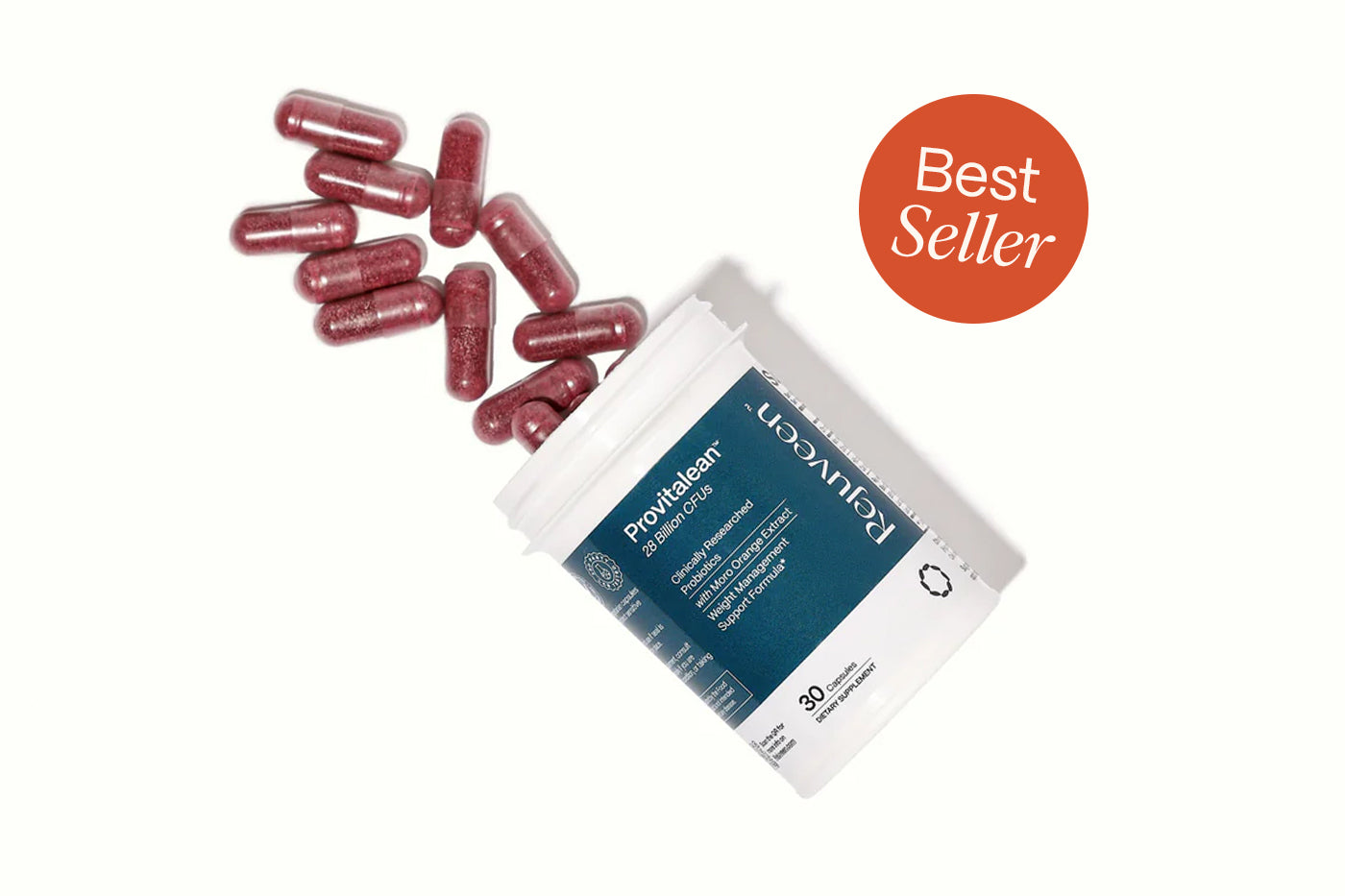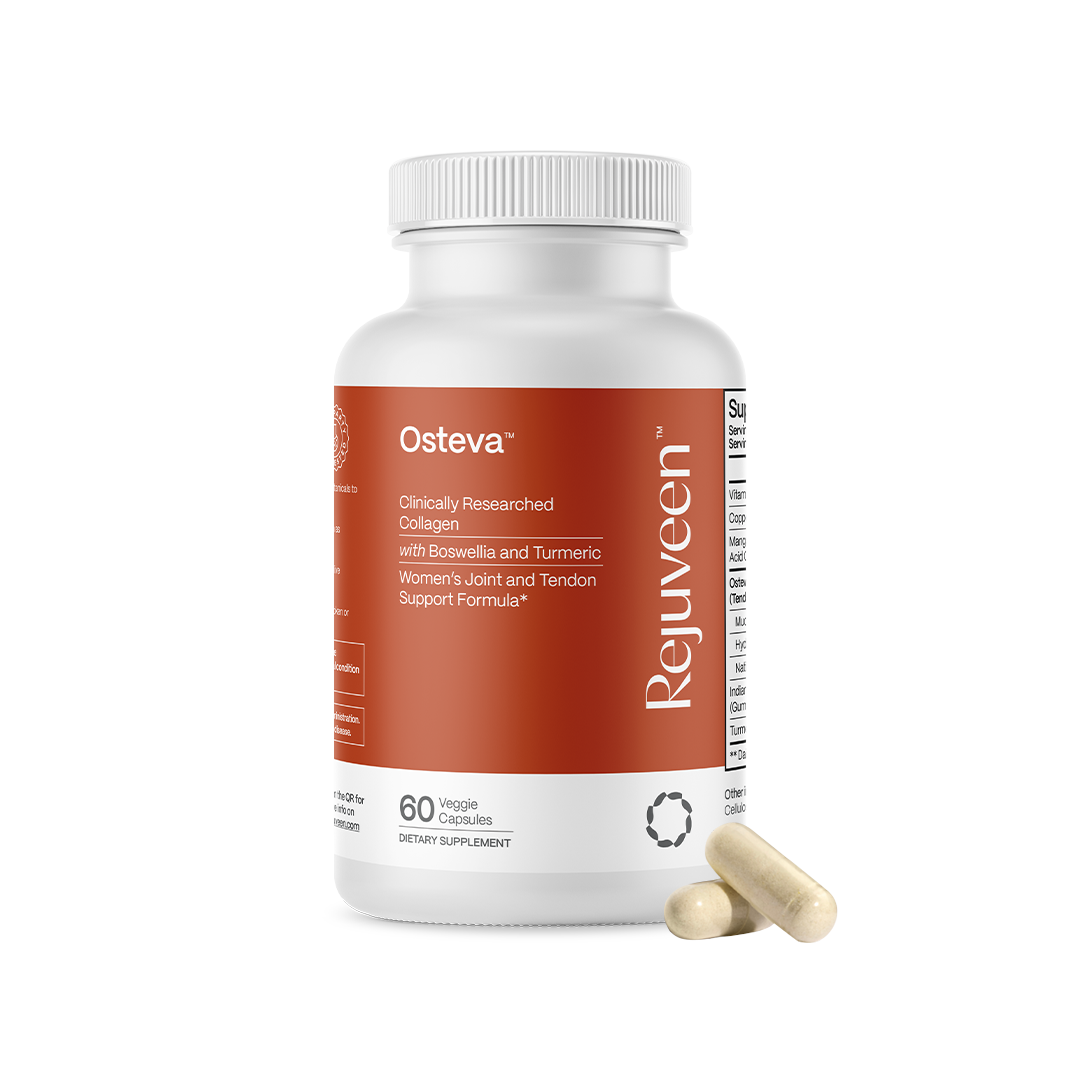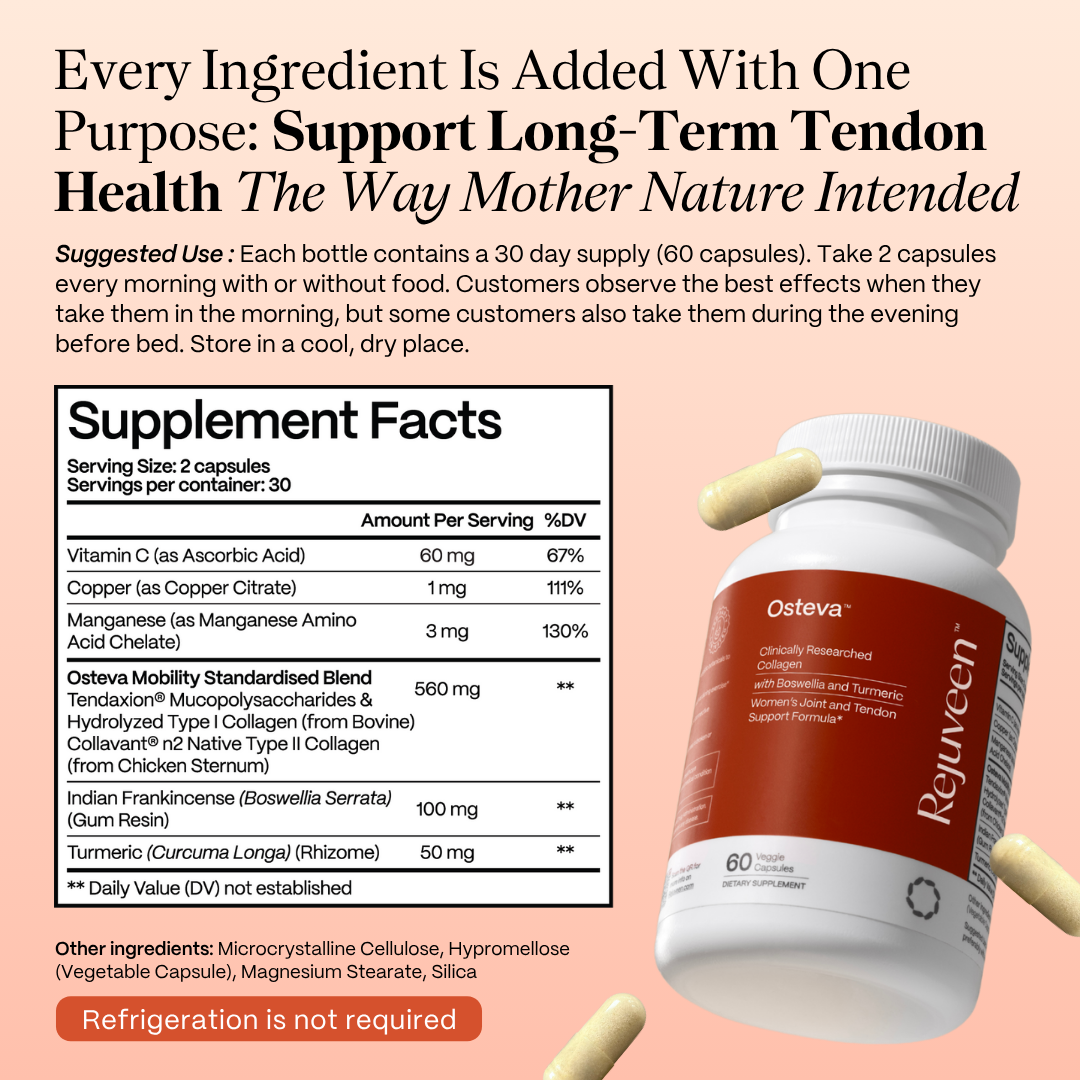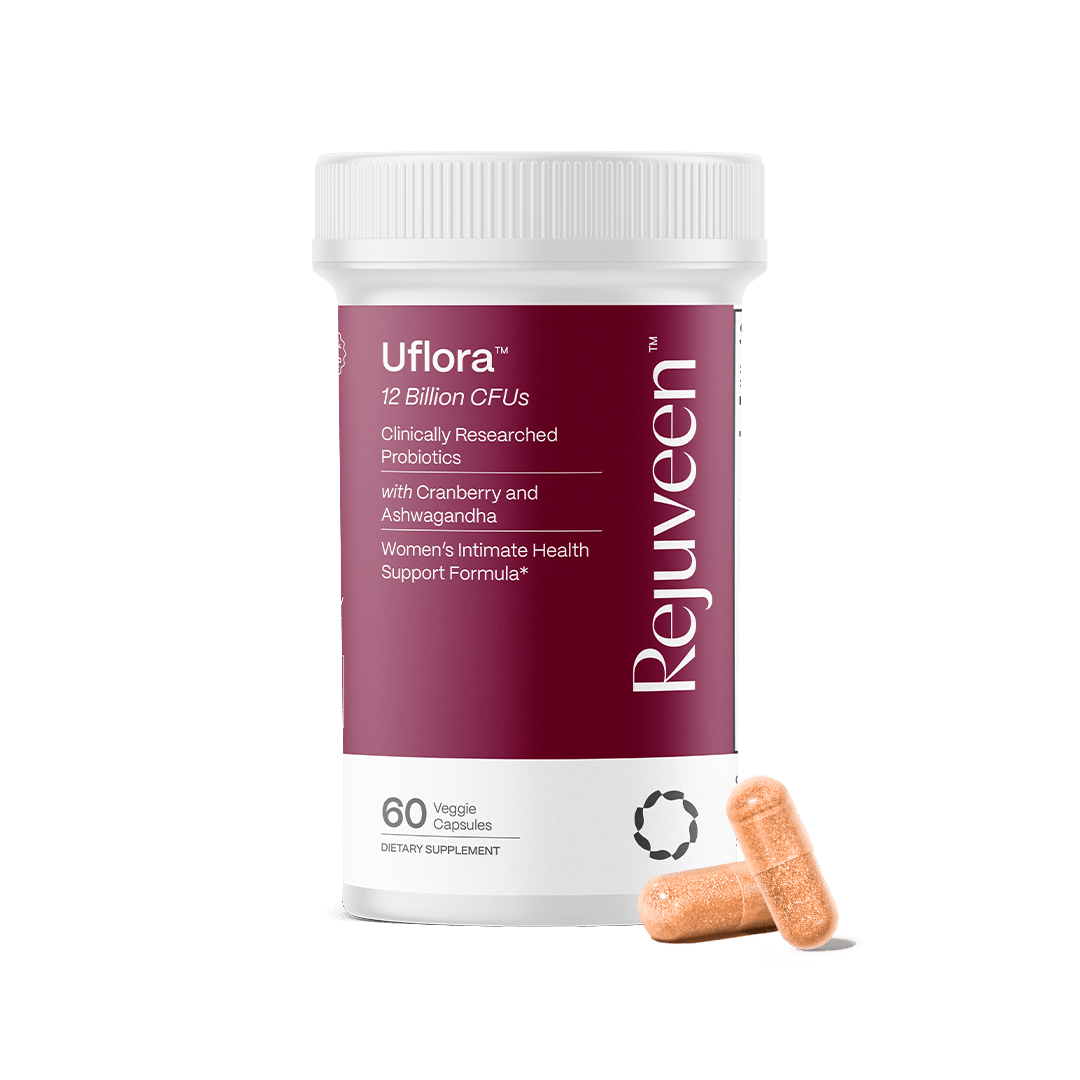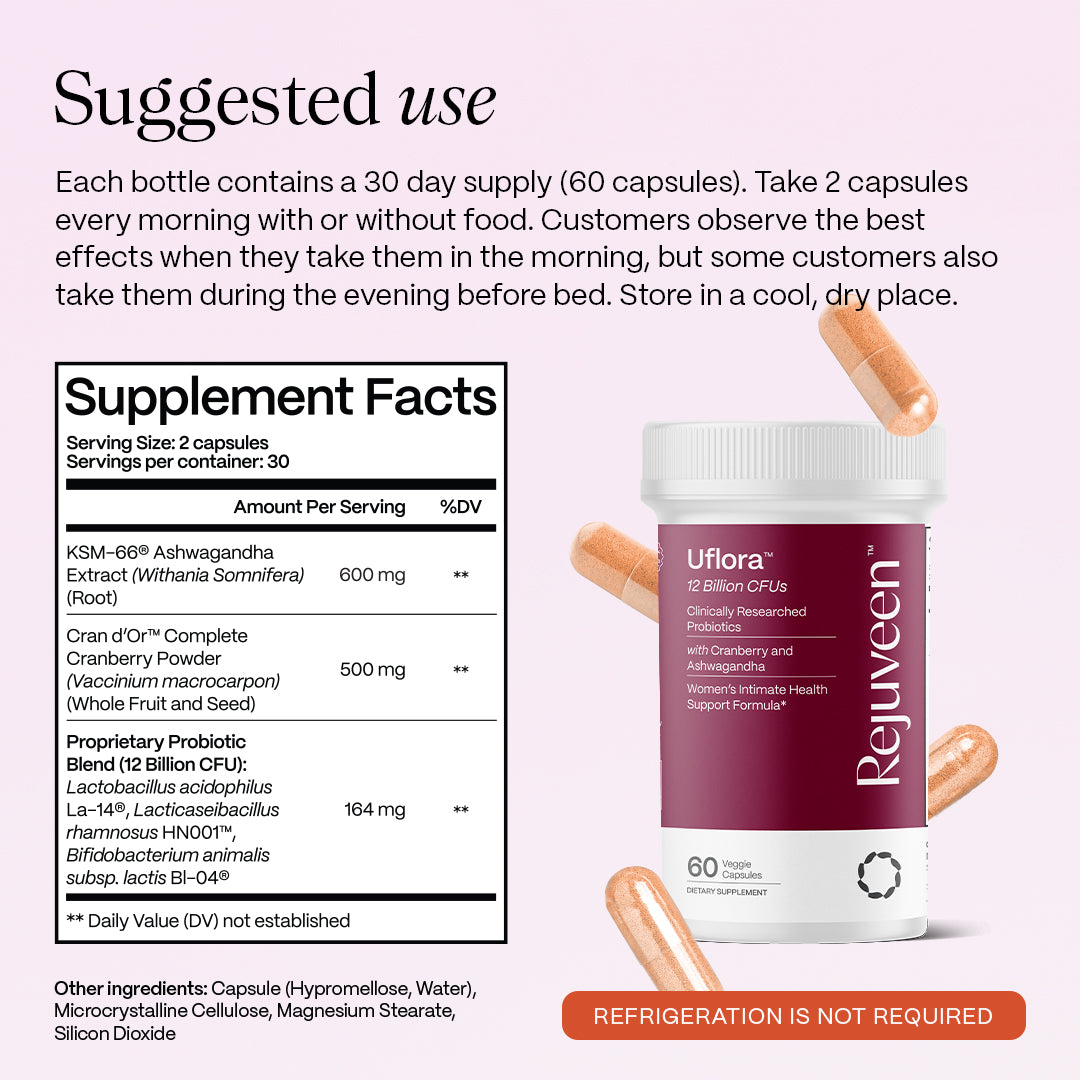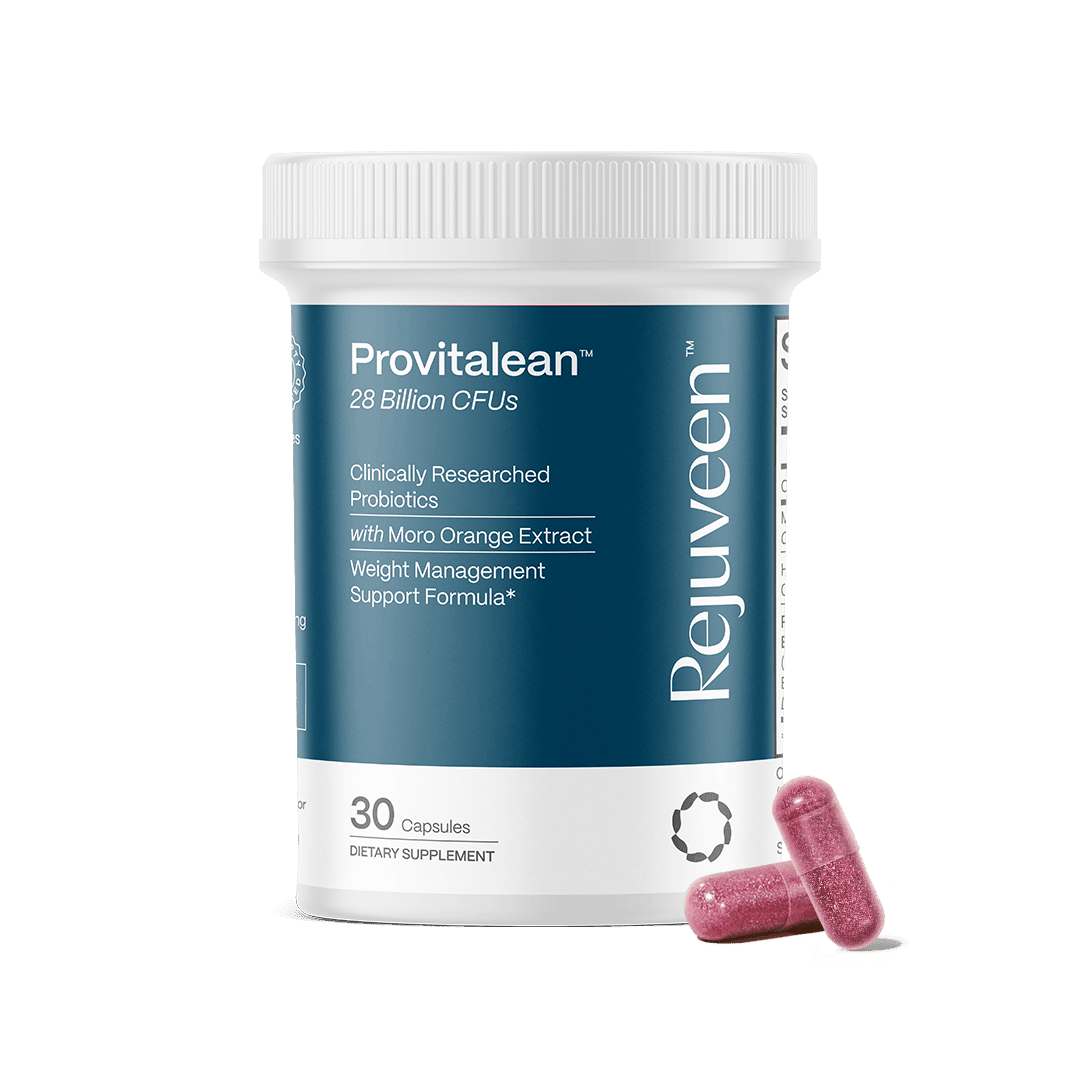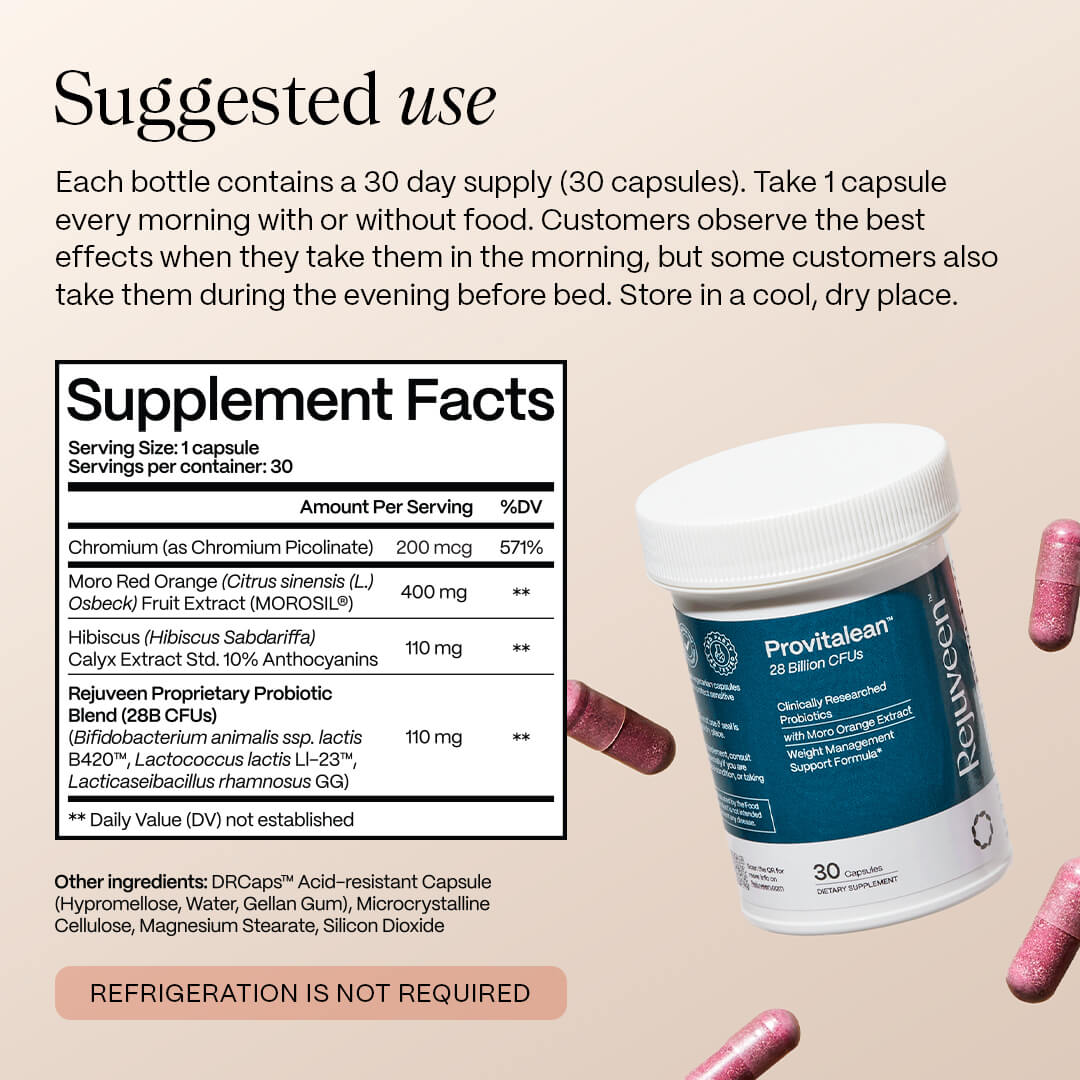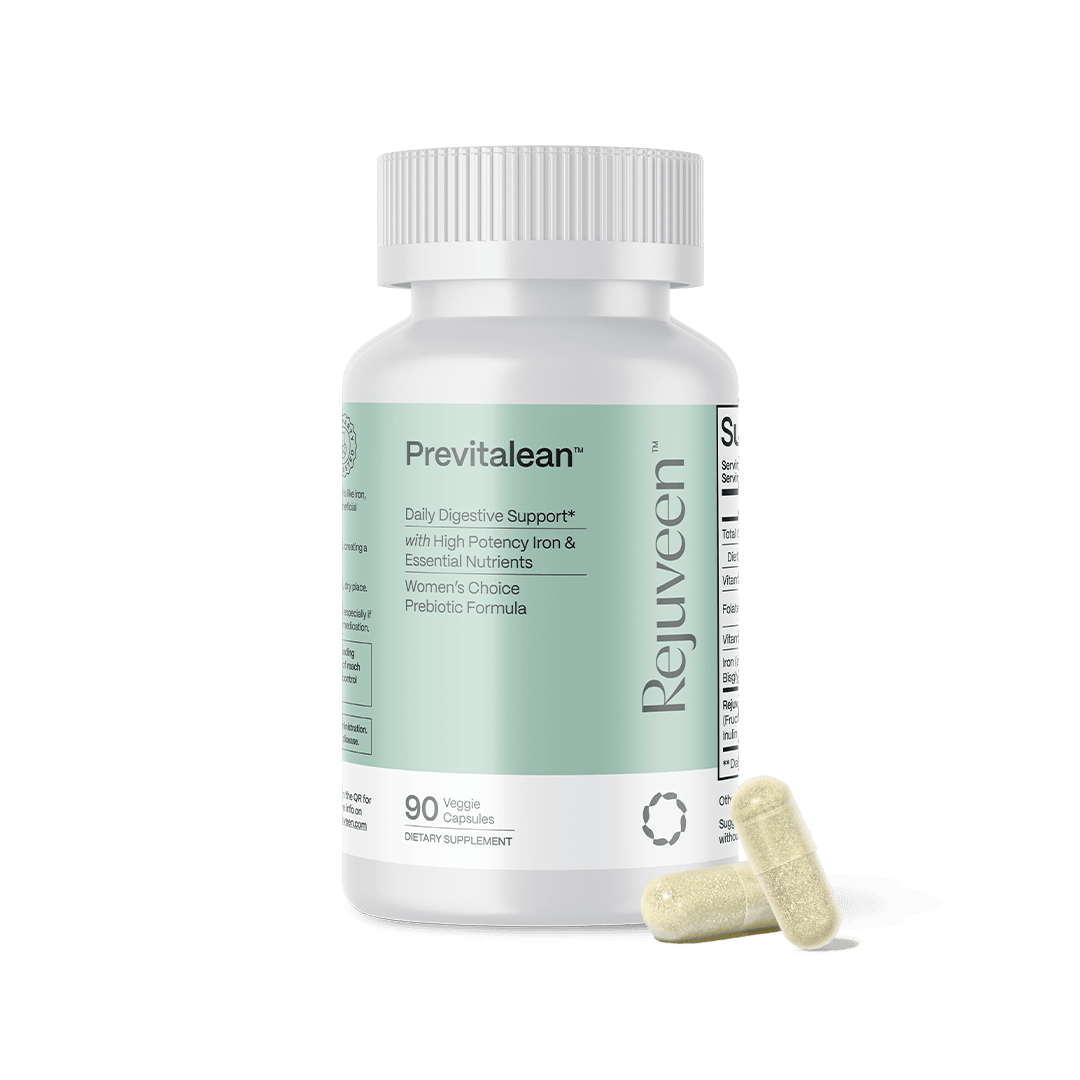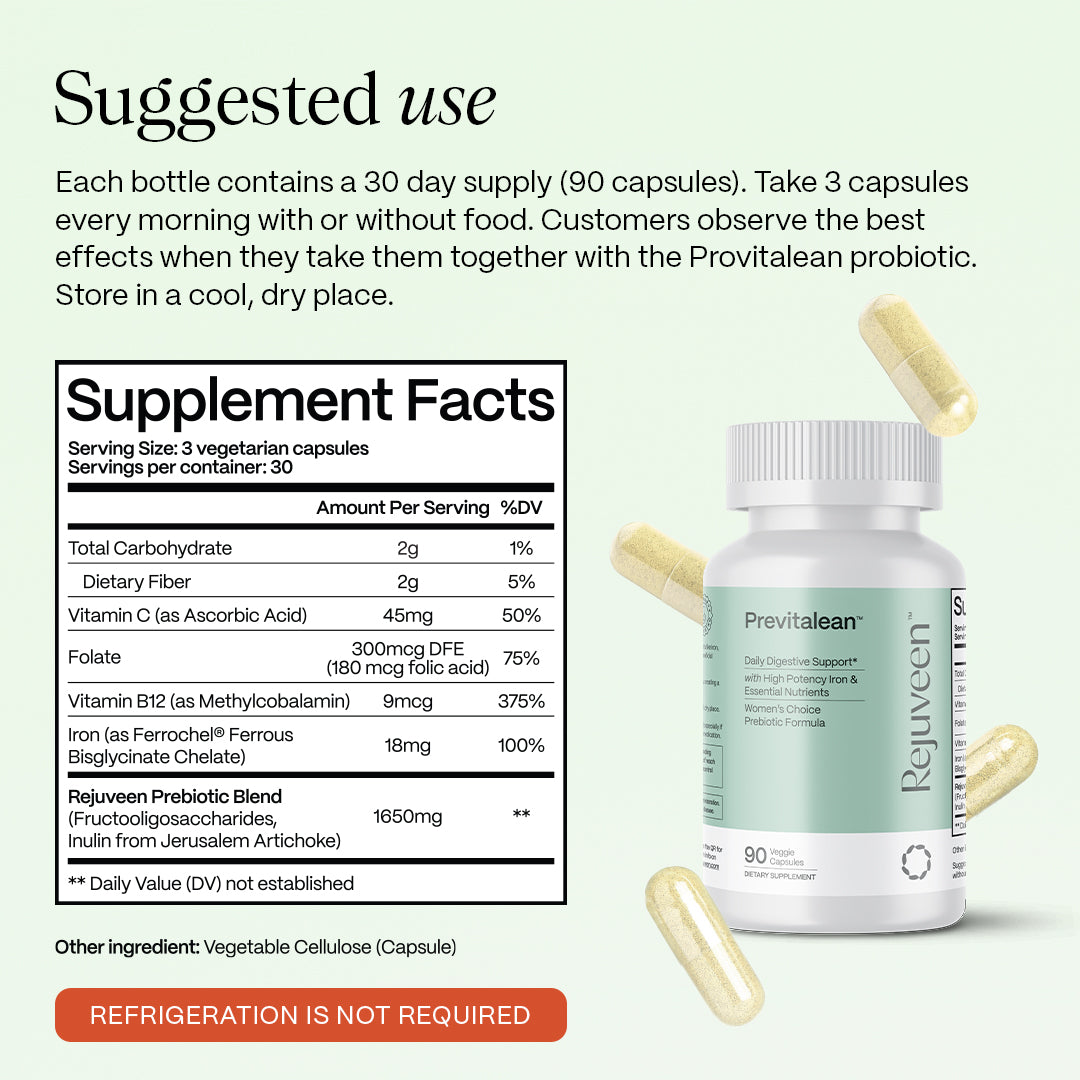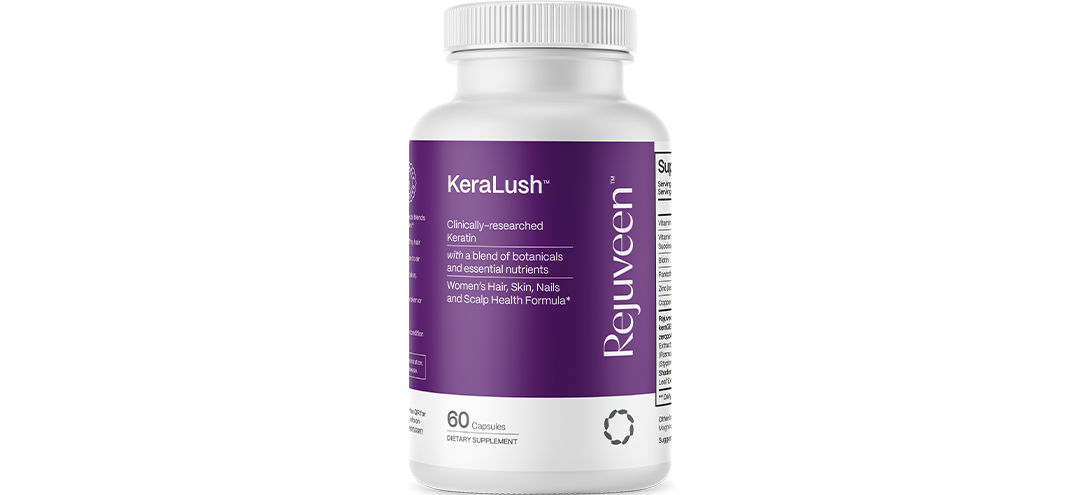Scrolling through your social media feed, you've probably noticed that Hibiscus is having a moment.
From trendy cafes serving vibrant hibiscus teas to wellness influencers touting its benefits, this flowering plant seems to be everywhere.
But is hibiscus really worth all the buzz, or is it just another passing wellness trend?
Let's dive into what science actually says about this beautiful bloom and its potential benefits for your health. (Spoiler alert: There's more to it than just its pretty pink color!)
Hibiscus? What’s the Hype?
Hibiscus is a flower that’s just as beneficial as it is beautiful.
Often enjoyed in teas, Hibiscus sabdariffa (its fancy scientific name) has been treasured in traditional medicine for centuries.
Now, the real magic behind the flower lies in its calyx—the vibrant, ruby-red structure that holds the flower, brimming with nutrients that might just be the closest thing to nature’s own fountain of youth.
The calyx is rich in plant-based antioxidants called anthocyanins, responsible for its deep red hue and powerful health benefits.
Science-Backed Benefits That Make Hibiscus Worth The Hype

- Studies have found that regularly consuming hibiscus tea may help maintain healthy blood pressure levels.
- Hibiscus contains compounds that supports the flexibility of blood vessels, making it easier for blood to flow smoothly throughout your body
Weight Management Support
If you're on a weight management journey, hibiscus might be your new best friend. Recent studies suggest that hibiscus may help:
- Support healthy metabolism
- Aid in maintaining healthy blood sugar levels
- Help reduce fat accumulation
Antioxidant Powerhouse
Think of antioxidants as your body's clean-up crew, helping to neutralize harmful free radicals. Hibiscus is loaded with these protective compounds, particularly flavonoids and vitamin C. These antioxidants help:
- Support cellular health
- Maintain skin vitality
- Promote overall wellness

How to Include Hibiscus in Your Daily Routine
- As a refreshing tea: Steep dried hibiscus flowers in hot water for 5-10 minutes
- In smoothies: Add hibiscus tea to your morning smoothie for an antioxidant boost
- As a cold brew: Make a batch of cold-brewed hibiscus tea for a refreshing summer drink
- In supplements: Look for high-quality supplements that contain hibiscus extract. If you're interested in its weight management benefits, Provitalean is a great supplement to consider.
The Bottom Line
For a tiny little flower, the research behind hibiscus is pretty impressive.
From supporting healthy blood pressure to aiding in weight management and providing powerful antioxidant protection, hibiscus has earned its place in the spotlight.
The key is to be realistic about your expectations. Hibiscus works best as part of a holistic approach to health, alongside a balanced diet and regular exercise.
Remember, sustainable health isn't about quick fixes – it's about making consistent, healthy choices that support your body's natural processes. Hibiscus might just be one of those choices worth making.


